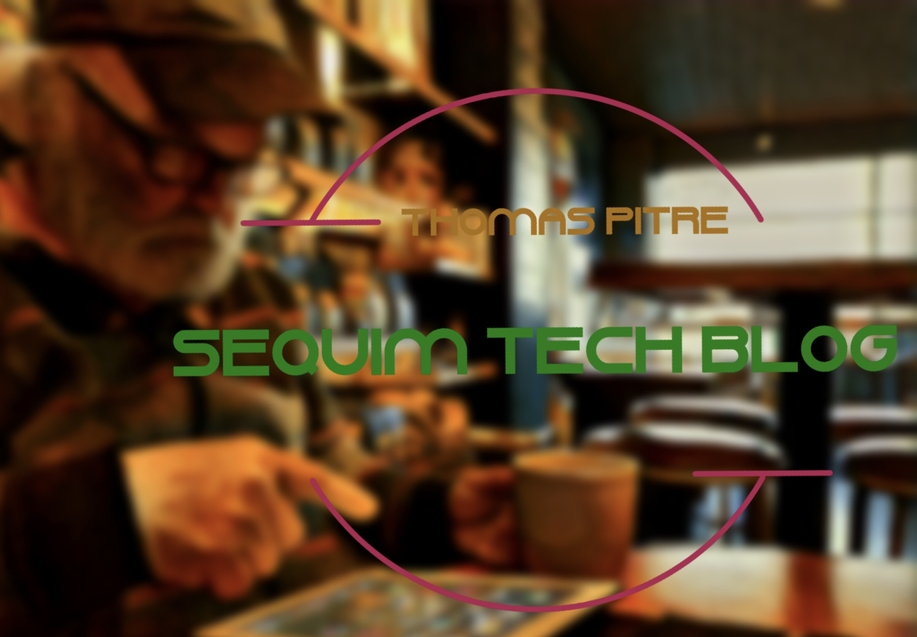---------------------------------------------------------
Government 2.0: Ask What You Can Hack for Your Country
Posted: 20 Oct 2008 11:52 AM PDT
“The new law of evolution in corporate America seems to be survival of the unfittest. Well, in my book, you either do it right or you get eliminated.”
- Gordon Gecko, Wall Street
Corporations exist in a continuously changing ecosystem, with behavior strategies, evolution, cooperation, competition, camouflage, mimicry, and yes, extinction. The environment is constantly changing; disequilibrium is the norm.
Similarly, the governments of countries exist in a complex global ecosystem of competition, trade, and war. Some countries are up, some are down, and many are in the middle – and these ranks evolve due to many factors. Even Gecko himself compares the fictional Teldar Paper to “that other malfunctioning corporation, the U.S. of A.”
If the federal government doesn’t want our country to go the way of the dodo, it needs to adapt to changing times – and changing technology, including the many emerging Web 2.0 tools. One Gecko-ish malfunction of government is that it collects a huge amount of data with which it does hardly anything truly useful. Crime statistics, labor trends, pothole locations and many other interesting bits haven’t often been easily accessible, and that strategy doesn’t serve the public well.
Information Innovation
No longer. Innovative people are finding interesting uses for government data. Witness just one example, SpotCrime, a comprehensive private sector mashup of crime reports and real-time interactive maps for not just every state in the U.S., but also many countries around the world.
Using SpotCrime-DC for about 5 minutes, I quickly learned of three recent robberies occurring very close to my home – all between 7:00 and 7:30 am. (Note to self, no morning jogs around the neighborhood.) No one is uninterested in this topic, whether you are protecting your family or just scoping out the competition – but without this simple to use mashup, the information would be overwhelming, confusing, and inaccessible (although technically it is “publicly available.”)
The U.S. government has more than just crime data, though. They have massive storehouses of geographic data, labor statistics, transportation information, census data, genealogies, environmental and ecological trends, economic indicators, and statistics on aging, to name a few. There is literally something for everyone.
Now, a lot of this data is already publicly available; but in what formats? Take this example of the top 100 growing counties in the U.S.. However, you have to download the data in an Excel spreadsheet or as a .CSV file – how many people even know what to do with a .CSV file? And what if you can’t afford Excel, or don’t have it handy when you want to use the public data?
Finally, a good reason to hack the country.
Dr. Mark Drapeau is an Associate Research Fellow studying Social Software for Security (S3) at the Center for Technology and National Security Policy of the National Defense University in Washington DC. These views are his own and not the official policy or position of any part of the U.S. Government.
------
--
email posting OR signature suppressed
